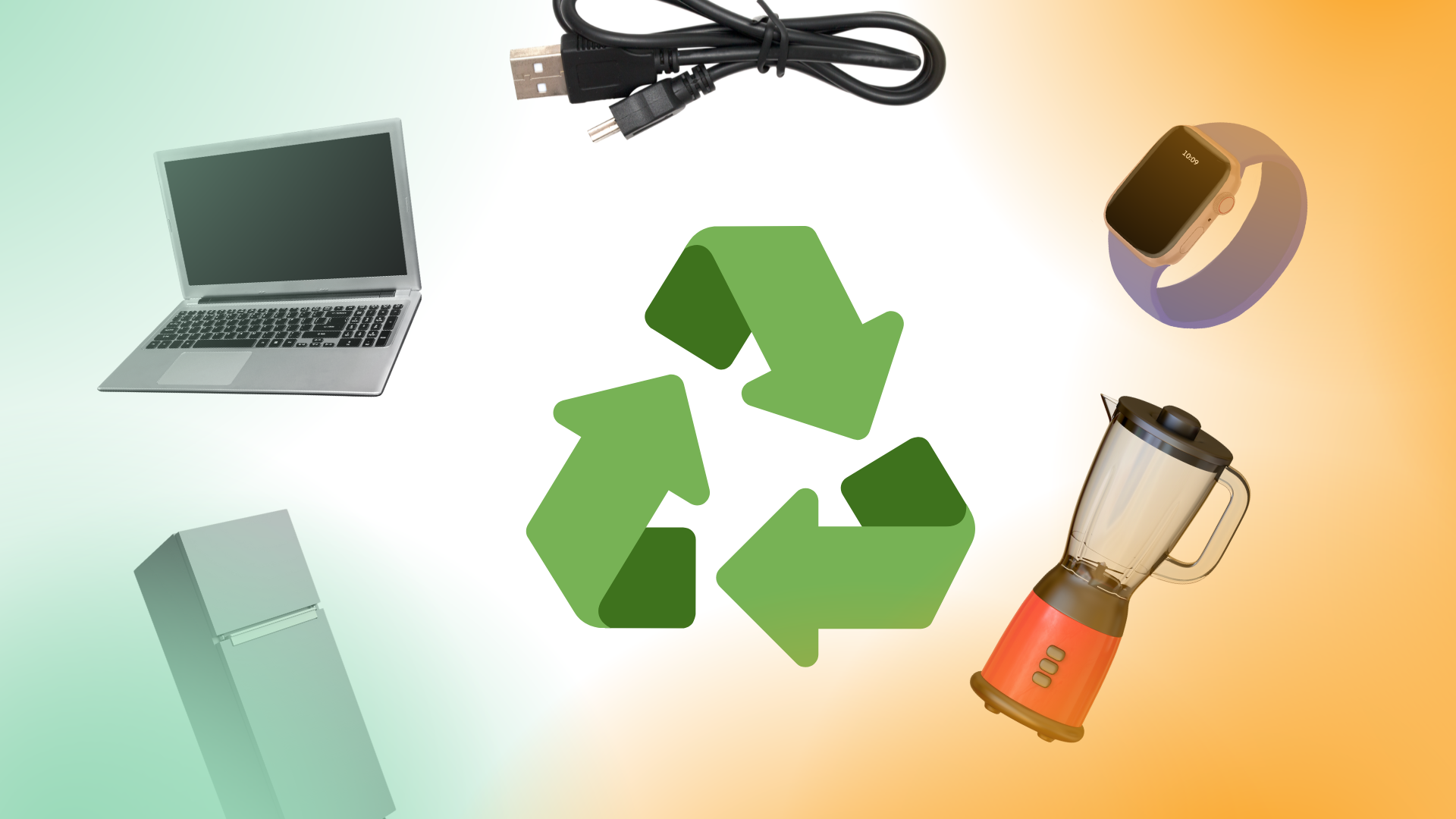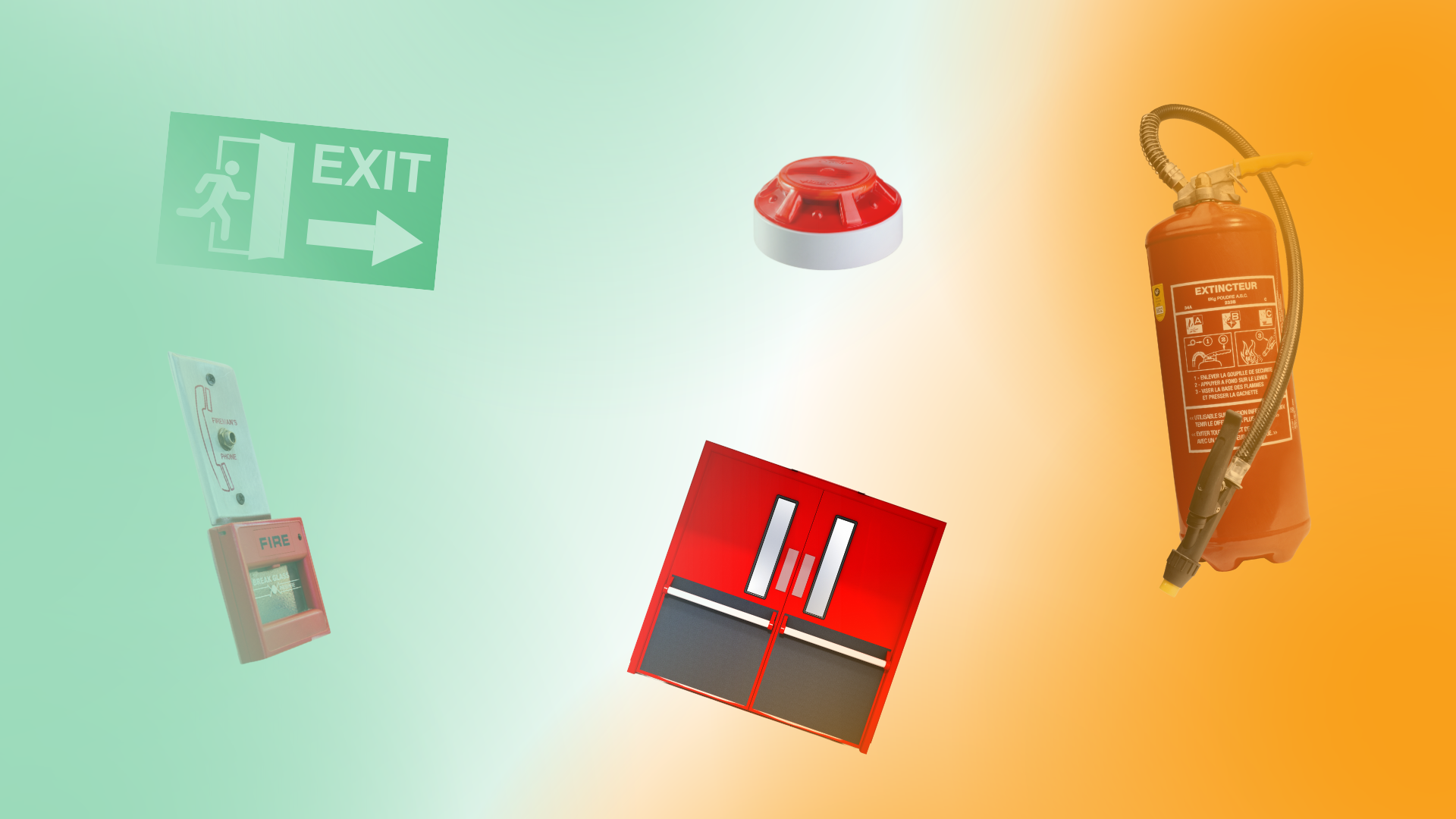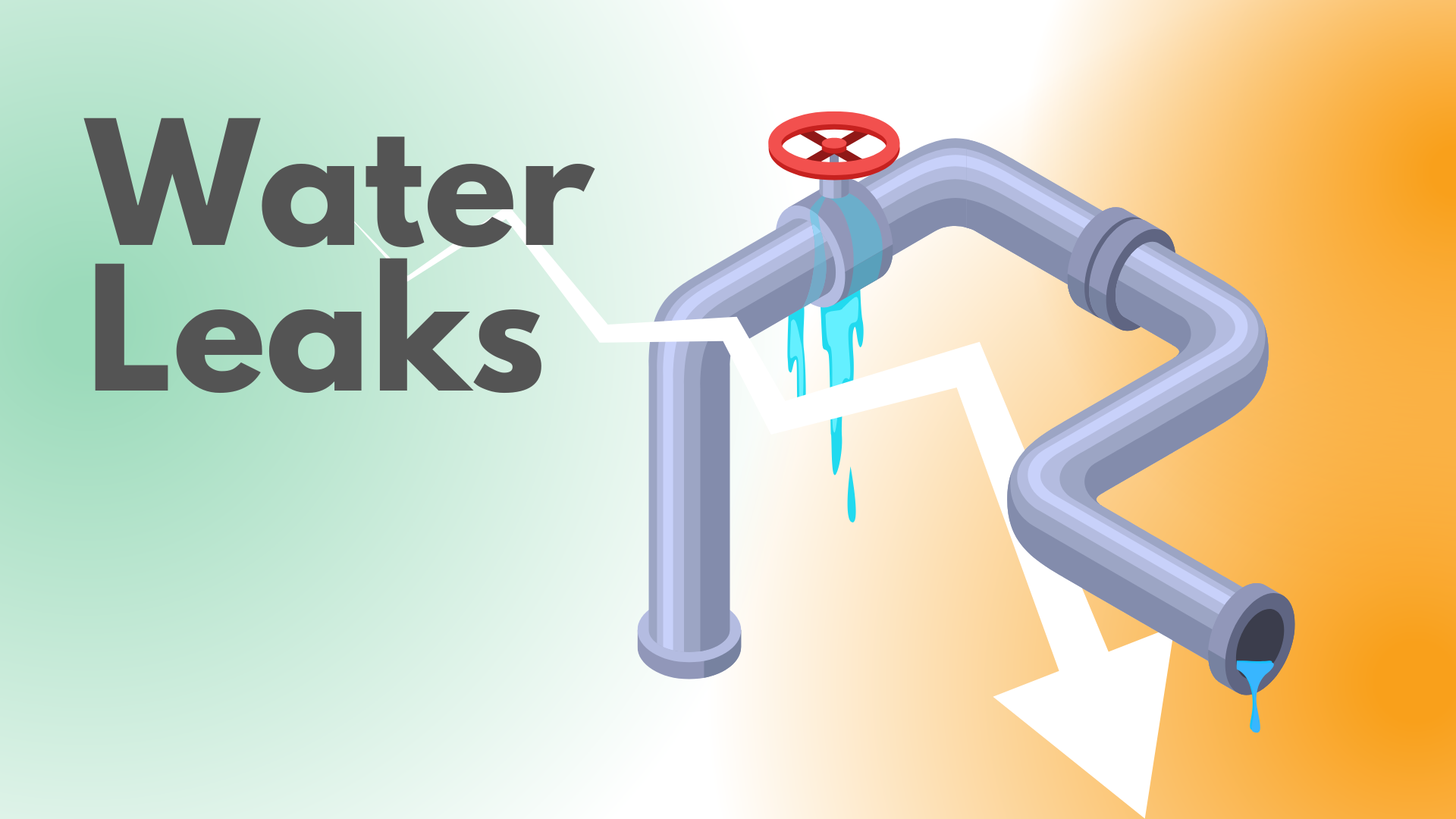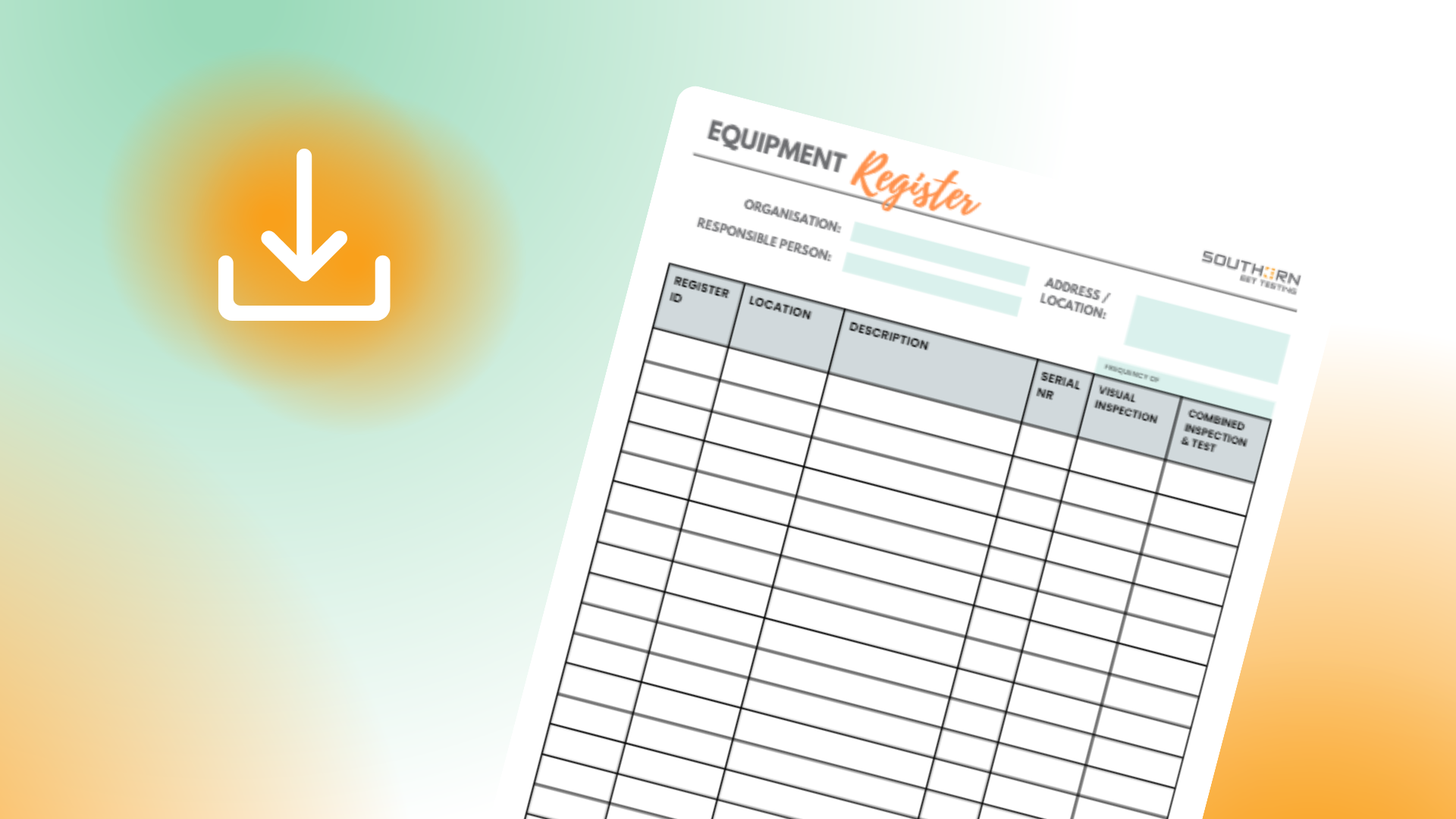EICR Tests Explained: What You Need to Know
Know the basics

Hello, everyone! At Southern EET Testing, we understand that managing your electrical installations can often feel like navigating a complicated maze of terminology and requirements. One term you might frequently come across is EICR tests - a necessary but often misunderstood aspect of managing an electrical system. Let's go over the basics.
What are EICR Tests?
EICR, or Electrical Installation Condition Report, tests are an essential check on the safety of the electrical installations within a building. Think of them as an MOT for your electrical system. They identify potential hazards, check the quality of workmanship, and make sure everything is in compliance with the current British Standards BS7671. These tests are undertaken by trained, competent professionals who understand electrical systems inside and out.
What is Covered in an EICR Test?
An EICR test is a comprehensive assessment that covers several crucial aspects of your electrical system. This includes inspecting wiring systems, checking the condition of sockets and switches, testing protective devices to ensure they are effective, and confirming earthing arrangements and bonding are satisfactory.
The test also involves looking for any damage or wear that might affect safety, and identifying any electrical components that do not meet current safety standards. At the end of the test, you'll receive a detailed report highlighting any identified issues and recommended remedial works.
Where and When are EICR Tests Needed?
The simple answer to 'where' is everywhere that electricity is used, including homes, offices, shops, factories, and public buildings. If there's an electrical system in place, it needs an EICR test.
As for 'when', it's generally recommended that EICR tests are carried out every 10 years for homeowners, every 5 years for landlords or at each change of occupancy, and more frequently for locations like swimming pools or caravan parks. However, these are only general guidelines, and the frequency of tests can depend on the condition and type of installation.
Landlords/Building Owner Obligations
If you're a landlord or building owner, it's your responsibility to ensure the safety of your tenants and that your property is electrically sound. This involves regularly arranging for EICR tests to be conducted by a qualified electrician. The Electrical Safety Standards in the Private Rented Sector (England) Regulations 2020 require landlords in England to have their properties inspected and tested by a qualified person at least every 5 years. If any issues are found during the EICR test, landlords are required to have them remedied within a specified timeframe. Failure to comply could result in substantial penalties.
Wrapping Up
EICR tests are an essential part of maintaining electrical safety in any building. They help prevent electrical accidents, ensure the longevity of your electrical systems, and give you peace of mind that your property is safe and compliant.
At Southern EET Testing, we specialise in providing comprehensive and professional EICR tests. Our team of skilled electricians are well-versed in all aspects of these tests and will ensure your electrical installations meet all necessary standards. Contact us today to schedule your EICR test and take a step towards enhanced electrical safety.











